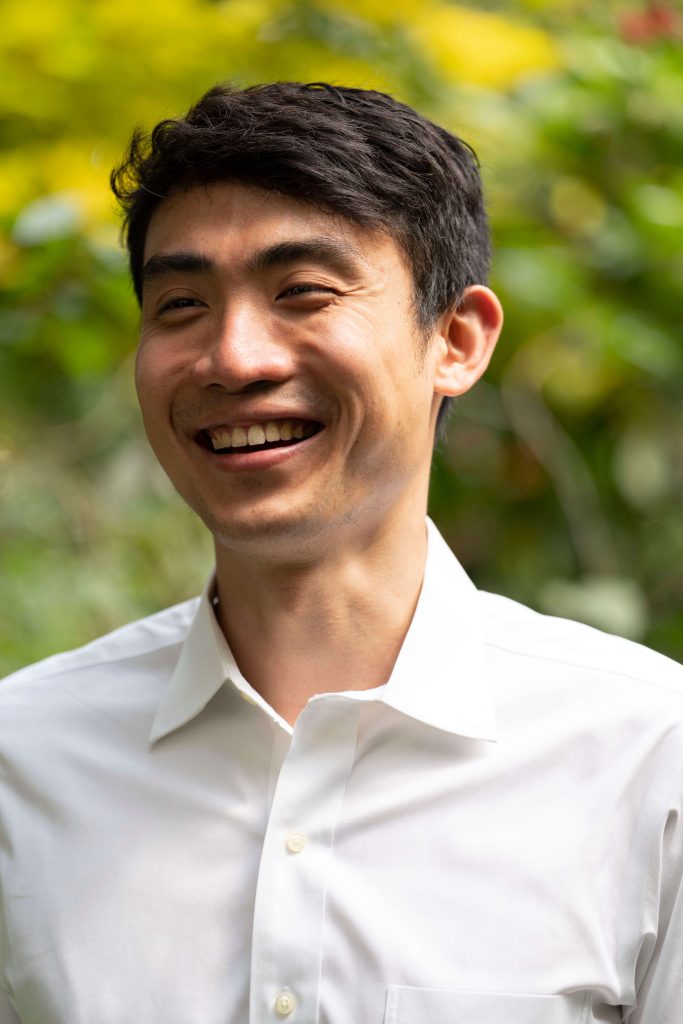20 leading givers in Asia share their needs and perspectives.
As the Covid-19 pandemic continues to escalate, profound changes are occurring in the philanthropic sector. Many philanthropies and foundations are working diligently to respond to new needs and changing circumstances while also planning for an uncertain future.
To understand how these new circumstances are affecting philanthropy, we conducted interviews with over 20 leading philanthropists, corporate foundations, private banks, and philanthropic aggregators across Asia. The goal was to identify emerging needs and trends in the sector and engage in interactive discussions about potential solutions and the long-term strategic shifts that strategic givers are contemplating.
Our research revealed three convergent trends that strategic givers are facing in the near term. Over half of the respondents identified these needs as critical to their short- or medium-term strategies to ensure effective giving.
1. The Need to Expedite the Grant-Making Process While Ensuring Accountability.
Respondents emphasized the importance of accelerating their grant-giving processes while maintaining accountability to their donors, boards, and institutional priorities.
The surge in immediate needs within the social sector has led to a flood of time-sensitive requests for new programming in response to Covid-19. There are also requests to repurpose existing funding to adapt to restrictions on movement and in-person interactions. Many philanthropies are navigating the challenge of ensuring that their grant requirements, due diligence, and data collection processes maintain high-quality control standards as they respond rapidly to the crisis. Philanthropies are experimenting with expedited processes and flexible giving strategies while exploring new methods to remain accountable to their stakeholders.
2. The Need for Coordination Across the Philanthropic Sector.
Interview respondents have encountered difficulties in determining where their efforts can have the most impact amid a multitude of initiatives and rapidly changing needs.
While governments and NGOs have initiated some strategies to provide information on existing Covid-19 programming and coordinate philanthropic efforts, leading philanthropies are still struggling to identify needs and avoid duplication. Respondents expressed frustration with the lack of comprehensive information on community needs and the existing initiatives aimed at meeting those needs. To enhance the effectiveness of their response, they are calling for increased coordination and better access to data across the social and philanthropic sector.
3. The Need for New Models to Understand Program Effectiveness.
Respondents identified the necessity for innovative ways to determine program effectiveness, given the proliferation of new programs and limited opportunities to collect data due to Covid-19 restrictions. Many NGOs are experimenting with new methods of service delivery and data collection, raising questions about the efficacy of these new program approaches, including remote and digital services. At the same time, organizations are unable to collect in-person data or monitor program participants in traditional ways. Strategic givers are seeking new models to assess program effectiveness that account for current constraints and allow for comparisons between new service delivery models and traditional approaches.
The alignment among various giving organizations regarding their desire to improve was both surprising and encouraging. These strategic givers have a heightened appetite for collective problem-solving. For those interested in building common infrastructure and systems to enhance the effectiveness of giving, now is an opportune moment for collective action.
In the coming weeks, we will delve into each of the high-level needs described above, discussing what philanthropists are currently doing to address these needs and drawing lessons from global best practices. We will also share opportunities for those interested in joining communities of practice to address common needs best solved through collaboration.
Stay tuned for our first installment of tools and solutions to support the philanthropic sector in transitioning to the new reality. You can also subscribe here to receive future updates and stay connected with our work.
Authors

Kevin Tan
kevin_tan@trisector.org


